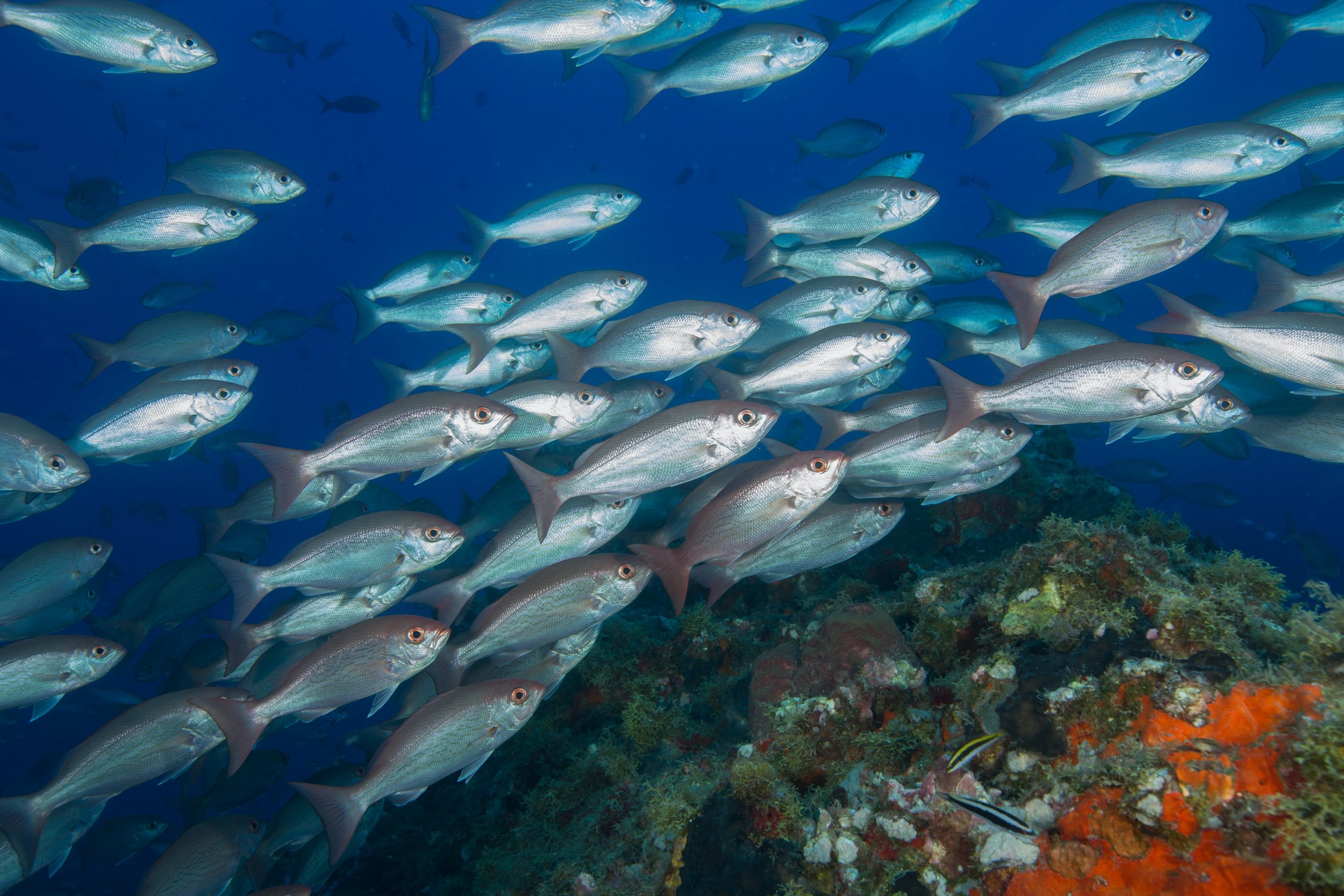
News and submissions
WIN: High Court finds Environment Southland failed to act against huge wetland losses
High Court finds Environment Southland failed to act against huge wetland losses.
WIN: High Court victory for ELI and Ngāti Kaharau and Ngāti Hau Hapū in fisheries case
High Court victory for Environmental Law Initiative and Northland hapū in fisheries case.
Our key recommendations for DOC's Conservation Services Programme
Populations of many protected species that inhabit New Zealand’s waters are declining. ELI recently submitted its feedback on DOC’s draft plan for the Conservation Services Programme, which serves as the government’s primary mechanism for understanding and tackling fishing-related risks to protected species. In light of the alarming decline in marine biodiversity and the precarious state of our marine environment, formulating an effective plan to thoroughly investigate and address the effects of fishing on our taonga marine species is critical. Here are our recommendations for improving the draft plan.
MPI’s proposals on “Habitats of Significance” misaligned with Fisheries Act
MPI recently sought feedback on its guidelines for “identifying habitats of particular significance” for fisheries management. Facing mounting pressure to address the declining health of coastal environments, MPI has claimed that this initiative is one of several to move Aotearoa New Zealand towards ecosystem-based management (EBM) of its fisheries.
ELI welcomes this end-goal, having made our views on the importance of EBM in Aotearoa’s fisheries known, both in court and in our public policy submissions. But we’re equally concerned that these proposals in their current form are unlikely to get us there. Here’s why.
Improving our national plan for shark conservation in Aotearoa - our submission
New Zealand’s Exclusive Economic Zone (EEZ) is home to at least 113 species of shark, more than 70 of which have been recorded in NZ’s fisheries. Sharks play an important role in maintaining healthy marine ecosystems, but face a litany of significant threats, most of which are human induced. Read our submission to FNZ and DOC on their Draft National Plan of Action for the Conservation and Management of Sharks 2022.
Missed opportunities in the Fisheries Amendment Bill
Read our full submission on the Fisheries Amendment Bill, and why the proposed changes are unlikely to fulfil the Govt’s stated intentions for our Oceans and Fisheries.
Without a better plan, New Zealand risks sleepwalking into a biodiversity extinction crisis
Read our analysis in The Conversation on Aotearoa’s biodiversity crisis, and why we must strengthen our plan for addressing it.
Sand mining at Pakiri beach: Our submission to Auckland Council
Two resource consent applications have been lodged to Auckland Council by private company McCallum Bros to continue sand mining in-shore and mid-shore around the Pakiri beach area. If successful, these developments are likely to have negative effects on a number of indigenous species, habitats and taxa, including the New Zealand Fairy Tern (the rarest endemic bird species in Aotearoa). In ELI’s view, because of lack of available evidence on the ecological effects of the development, Auckland Council is obligated to apply a precautionary approach and decline the application, or pause it until further information is available.
Urgency missing from on-board camera rollout for commercial fishing
Aotearoa is suffering a serious marine biodiversity crisis. Considering this, it is surprising that Fisheries NZ does not mention the word biodiversity once in its plan to implement camera technologies on its inshore commercial fishing fleet. In ELI’s view, the proposal lacks the urgency and context of the crisis the rollout is designed to address. Read our submission to FNZ here.
Living up to our international fisheries obligations: our submission to FNZ
With an EEZ that occupies a relatively generous share of the world’s oceans, New Zealand lags behind other countries in its adoption of international standards and norms. This consultation provides the perfect opportunity for New Zealand to do a stock take against international developments in fishing over the past 25 years, redress the current inadequacies in the Fisheries Act (we have suggested two), and fully implement the international obligations we have signed up to on the world stage.
Read our submission to Fisheries NZ on sustainability measures for October 2021
ELI recently submitted on some proposals by Fisheries New Zealand wanting to increase the catches of southern bluefin tuna and west coast north island snapper. Find out why ELI believes maintaining the current TAC makes the most sense ecologically, economically, and culturally.











